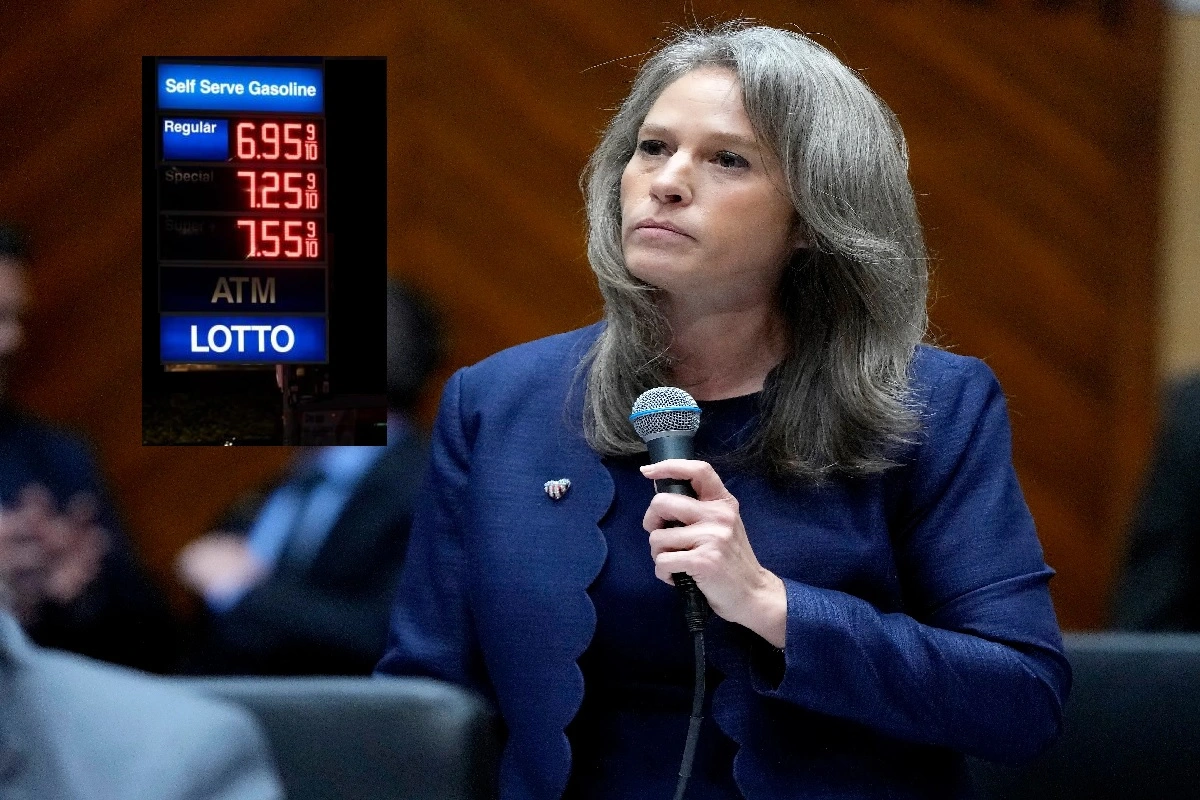|
Getting your Trinity Audio player ready...
|
In a move that has reignited the ongoing debate over energy policies and their ripple effects, Nevada Governor Joe Lombardo has penned a strongly-worded letter to California Governor Gavin Newsom, expressing concerns that the latter’s state’s recently enacted law could drive up gas prices not just in California but also in neighboring states like Nevada and Arizona.
The Crux of the Issue
At the heart of Lombardo’s warning lies California’s decision to ban the sale of new gasoline-powered vehicles by 2035, a bold step aimed at accelerating the transition to zero-emission vehicles and combating climate change. However, Lombardo argues that this move could have unintended consequences, potentially disrupting the supply chain and driving up gasoline prices in Nevada and Arizona, where a significant portion of the population relies on gas-powered vehicles.
Governor Lombardo’s Concerns: In his letter, Lombardo stated,
California’s misguided and short-sighted policies are already rippling through the regional fuel supply chain, threatening economic growth and affordability for working families in Nevada and beyond.
[1] He further emphasized that Nevada’s economy heavily depends on affordable fuel prices, as the state’s tourism industry and logistics sector rely heavily on gasoline-powered transportation.
Potential Impact on Nevada and Arizona: Experts and industry analysts have echoed Lombardo’s concerns, suggesting that California’s move could potentially strain the regional fuel supply, leading to higher prices at the pump for Nevada and Arizona residents. This could have far-reaching consequences, affecting not only commuters but also businesses that rely on affordable transportation costs.
California’s Perspective
Unsurprisingly, California officials have defended their decision, arguing that the long-term benefits of reducing greenhouse gas emissions and promoting sustainable transportation outweigh any potential short-term disruptions. Governor Newsom’s office has stated that the state is committed to working with regional partners to ensure a smooth transition and mitigate any adverse effects on neighboring states.
Industry Reactions
The debate has sparked a flurry of reactions from various stakeholders, including energy companies, environmental organizations, and consumer advocacy groups. While some have applauded California’s bold move, others have raised concerns about the potential economic fallout and the need for a more gradual and coordinated approach.
California’s decision is a significant step towards a cleaner future, but it’s crucial that neighboring states are not left behind in the process,
said Sarah Johnson, a spokesperson for the Sierra Club. [2]
We need a comprehensive regional strategy to ensure an equitable transition towards sustainable transportation.
Moving Forward
As the debate rages on, it is clear that the issue extends beyond state borders and requires a collaborative approach involving policymakers, industry leaders, and stakeholders from across the region. Striking a balance between environmental goals and economic realities will be crucial in shaping the future of the region’s energy landscape and ensuring that no state is disproportionately impacted.
For More News Update Visit California News



